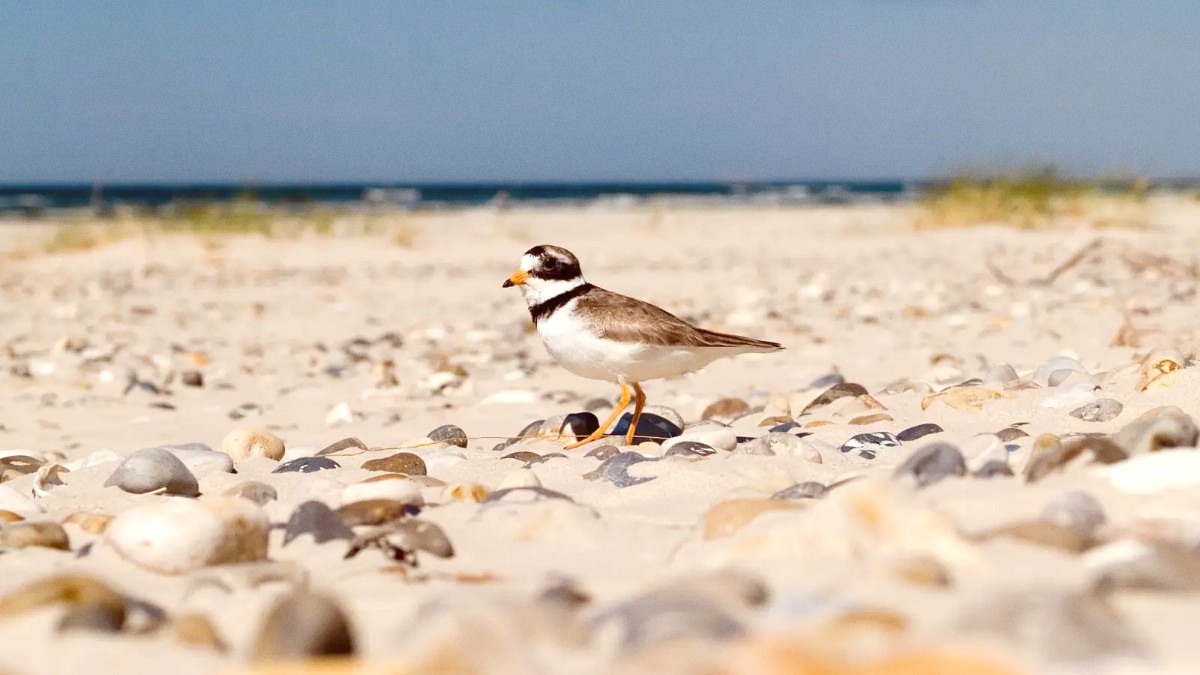
Support parks by paying entry fees. Funds contribute to park management and anti-poaching initiatives.
Waste infrastructure is limited. Minimize waste; carry out what you carry in. Recycling facilities are minimal.
Water scarcity occurs in some areas. Be mindful of water usage; take shorter showers and report leaks.
Cultural sensitivity fosters positive exchanges and shows respect for heritage.
Purchase traditional crafts from local artisans. Support cultural institutions like the Gishora Drum Sanctuary.
Always ask for photo permission. Dress modestly. Learning a few Kirundi phrases is a goodwill gesture.
Be discreet and respectful. Avoid intrusive photography. Never photograph children without explicit parental permission.
Dress modestly, covering shoulders and knees. Remove shoes if needed. Maintain quiet and respectful behavior.
Research accommodations and tour operators demonstrating environmental responsibility. Look for properties with water and energy-saving measures, or those that reduce waste.
Find eco-friendly lodging at EcobnbConsider offsetting your flight emissions through reputable carbon offset programs to lessen your environmental impact.
Offset your carbon with TerrapassCarry a Reusable water bottle (like a Hydro Flask) and fill it with purified water. This reduces plastic waste. Explore reusable products at Package Free Shop.
Your spending choices directly benefit the local economy. Choose options maximizing local impact.
Actively seek and support tourism initiatives that directly benefit local communities. Stay in locally owned guesthouses.
Look for fair trade certified products. Purchase crafts directly from artisans for fair prices.
Prioritize local restaurants, guesthouses, guides, and drivers over large international chains.
Be aware of issues like child labor or human trafficking. Never engage in activities involving exploitation of people or animals.
If you wish to donate, do so through established, reputable local NGOs or community projects with transparent operations.
Research organizations working on education, healthcare, or sustainable development.
Look for projects with transparent operations to ensure impact.
Giving money directly to individuals may unintentionally foster begging.
Responsible tourism considers environmental, cultural, and economic impacts.
Protect natural resources, minimize pollution, and support conservation.
Directly contribute to local livelihoods and businesses.
Appreciate and preserve local traditions, customs, and heritage.
Every choice, from accommodation to souvenirs, impacts the local environment and community.
Openness to learning and respecting local ways builds bridges and positive experiences.
Contribute to Burundi's well-being and leave a positive legacy from your visit.